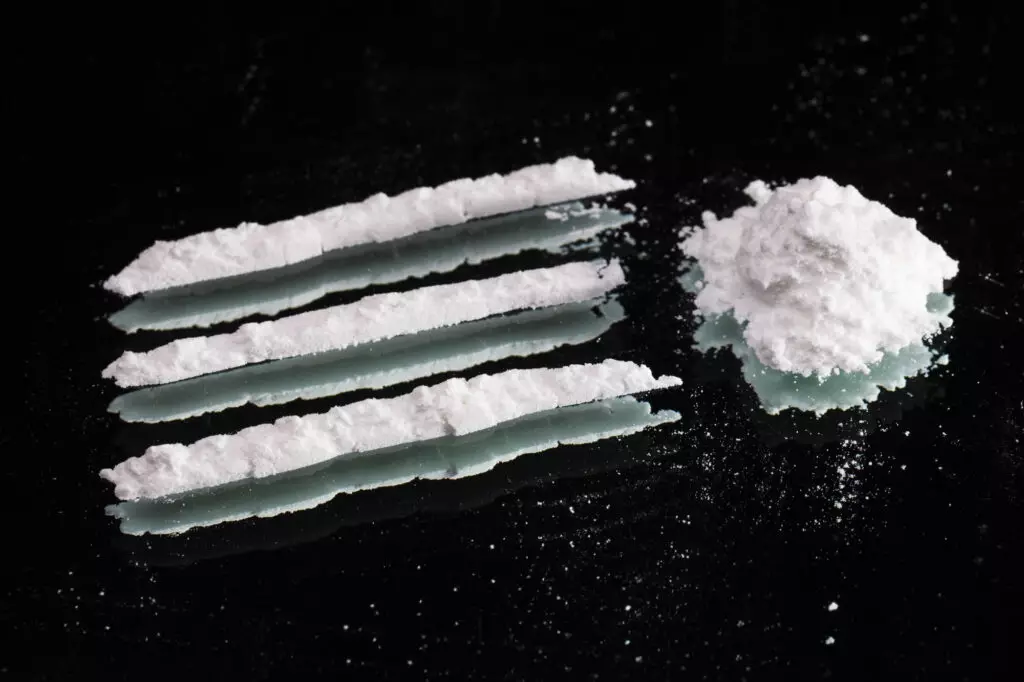With an estimated 1.5 million cocaine users in the United States, it isn’t hard to believe that this country has the largest market for the drug in the world.
Cocaine is a highly illegal stimulant that is often used at parties, but it is also one of the most addictive substances in the drug trade.
When abused, this drug can lead to some serious, even lethal, side effects that should be taken seriously.
Let’s talk about the effects of chronic cocaine use on the body and what to do about it.
7 Health Risks of Chronic Cocaine Use
Cocaine is a stimulant drug that is synthesized from the coca plant. Not only is it going to hurt your wallet, being a highly expensive drug, but it really takes a toll on the body in the long-term.
Here are just some of the long-term effects of cocaine.
1. Blood Clots
Blood clots are very dangerous because of what they can lead to, including pulmonary embolisms, strokes, and aneurysms. This one symptom leads to more health risks than any other on this list, so it is best to avoid anything that causes blood clots.
If you are using cocaine regularly, you should be checked for blood clotting before it is too late.
2. Damage to Mouth and Nose
People who snort cocaine will quickly find mouth and nasal issues. With drier environments and less blood flow, the soft tissues in the nose will become damaged and eventually die.
This will expose the cartilage lining between nasal cavities, which is the septum. Once the septal cartilage is exposed, it too will die, creating a hole.
3. Brain Problems
Your brain is everything. It is who you are. While blood clotting alone will do a lot of damage to your brain, long-term cocaine use causes structural and functional deterioration of the brain as well as hemorrhaging and movement disorders.
Not only that, it can inhibit your ability to feel pleasure by limiting the number of dopamine receptors.
4. Respiratory Problems
While nasal congestion is the most common issue to arise, even from short-term use of cocaine, that isn’t all.
Sinus inflammation, shortness of breath, wheezing, and even coughing up blood are common among long-term users.
5. Mental Health Problems
Anxiety and depression are extremely common with chronic cocaine use. The stimulant effects of the drug are likely to cause anxiety while the addictiveness and pleasure-inhibiting aspects are likely to cause depression.
Many people will find themselves trapped in this addiction, and the sense of hopelessness makes them feel like treatment isn’t an option.
For people with mental health issues who are also addicted to cocaine, there is alsodual diagnosis treatmentavailable.
6. Heart Attacks
Blood clots and anginas, unfortunately, lead to this road. Because of its effect on the bloodstream and its stimulant properties, this is a drug that is known to kill heart muscles from a lack of oxygen.
This is the most dangerous long-term effect, and it should not be taken lightly. Any heart problems like palpitations or murmurs should be reported to a doctor immediately.
7. Damage to Other Systems
We went over a lot of devastating effects, but it barely scratches the surface. Kidney failure, ulcers, sexual dysfunction, and more serious ailments can arise from chronic cocaine use.
Perforation of the stomach and intestines are possible, same with viral hepatitis that leads to liver damage. Whatever the case is, this drug is scary for long-term users and needs to be treated appropriately.
Treatment
Once the problem has been established, the best possible option to continue with a healthy life is treatment. Let’s talk about how to seek treatment for you or a loved one so the road to recovery can start as soon as possible.
Finding Treatment For a Loved One
If you believe that a loved one is abusing cocaine, the time to help is now. If you are unsure they have a history with the drug, there are a few behavioral clues to look for.
If they are constantly lying about their whereabouts, stealing, or they have serious mood swings, then it may be time to confront them about the issue in a loving way.
An intervention is the most effective way to help somebody realize the problem and seek treatment. However, it has to be done correctly.
The most important step when talking to a loved one about the problem is tostage an intervention properly.
Not only that, the road to recovery takes a lifetime, so offering as much support as you can handle is the best way to help them achieve sobriety and maintain it.
Finding Treatment For You
If you are abusing cocaine, the problems only get worse the longer you go. The physical and mental health problems will eventually get out of your control.
To prevent that, looking into treatment is the best option. Just remember, this isn’t an overnight battle. The key steps are admitting the problem, starting abstinence, and maintaining abstinence.
Maintaining abstinence is the longest and arguably most difficult portion of the process. Be sure to have plenty of support available to you after treatment.
Next Steps
The risks of chronic cocaine use are clearly devastating, and the risks of continuing are even worse.
Nobody can force you to quit, so if you are battling your addiction, it’s time to make a choice for the future of your health and your family.
Check out our treatment options and get started today.
Jump to a Section
Call (855) 425-4846
